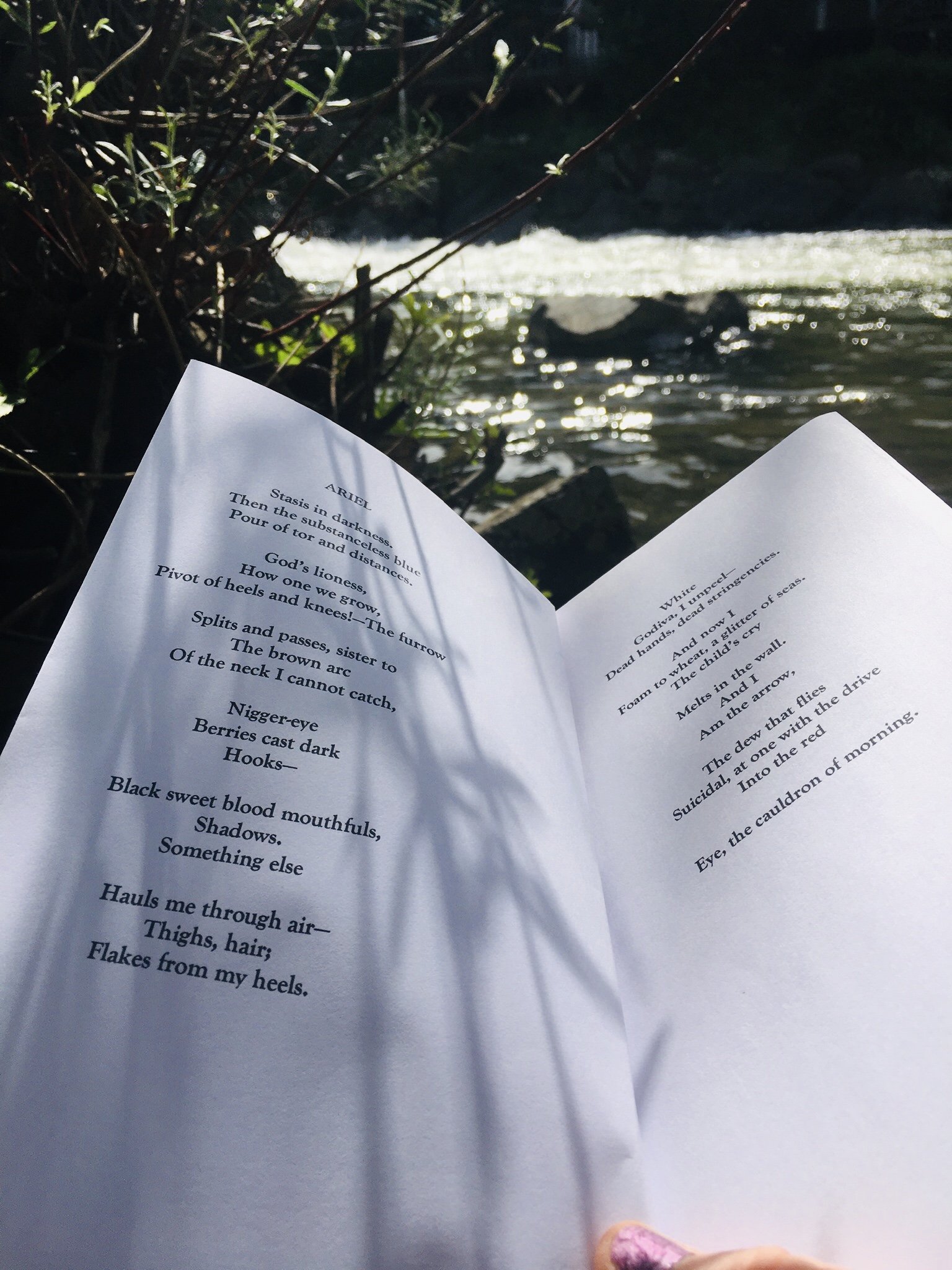Ariel - Poem by Sylvia Plath. Read by Bridget Holding
nature
The Extraordinary Lightness of Rock
Words may be relative–and little bitty things at that–but they can contain and express the most vast.
Read MoreI. Will. Roar.
"My plan for the rest of my life is to set myself on fire with enthusiasm…"
Read MoreMirabai in the Mountains
The moon was perched like a golden hawk on the mango tree…
Read MoreThe Full Moon Of November
BH: “Why on earth did I say I’d write poetry about the moon? I can’t even see Her for the rain!”
EW: “ You know She’s there though.”
Read MoreHunting for Mushrooms
We head into the dark centre of the forest, where even the intense sunlight of Southern France can only sometimes penetrate, freckling the ground. The tall, skinny pines wave wildly in the wind. Underfoot is a spongy layer of pines cones, decaying leaves and the bristling shells of last year’s chestnuts. Everything is mud brown, except the swathes of green ferns that fill the clean mountain air with a smell like freshly cut grass.
Read More



